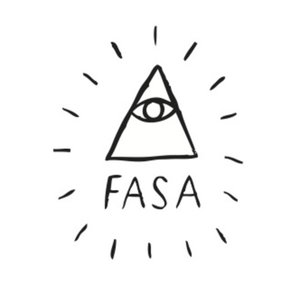Following the announcement last month that the Fine Arts department would see their budget cut by 15 to 20 per cent which would lead to reduced classes and less equipment, FASA met to discuss their options. Among other actions, a petition is being circulated to Fine Arts students to inform them of the cuts and to ask for their support in fighting against them.
Jessica Gilbert, VP internal communications for FASA, told The Concordian that the petition has been posted at both Cafe X locations in the VA and EV buildings where Fine Arts students could sign to show their support.
Mim Lennig, a third-year Fine Arts student, told The Concordian that while she had not seen or heard of FASA’s petition, she was strongly opposed to any further cuts to the Fine Arts department’s budget.
“The classes are already too big, considering the size of the classrooms, and there’s never enough tables for everyone, there’s never enough easels for everybody and the easels are no good,” she said. “I mean it kind of creates a bad experience to begin with, so I think it’s a ridiculous idea to begin with to cut the budget, but who cares about the Fine Arts students, right?”
Within the same motion, FASA also made official their opposition to the Parti Québécois’ planned tuition increase of three per cent a year. One of the reasons included in the motion is the fact that top-level non-academic administrators are only taking a pay cut of 2.4 per cent while indexation is increasing their pay by 2.54 per cent, thus netting them an increase despite the university’s financial difficulties.
Upon the surprising announcement of the slashes in funding from the provincial government in early December, Concordia University had to cut $13.2 million out of its operating budget for the 2012-13 academic year. This forced the university to declare a deficit and interim Provost Lisa Ostiguy said that the reductions “would be felt across the board.”
In a press release on their website, FASA stated that they were “calling on the current government of Quebec to repeal its cuts to university spending,” and that following their March 6 meeting, “the FASA council unanimously voted to oppose any cuts to the faculty’s operating budget, to oppose any fee indexation, and to oppose any type of austerity measure.”
